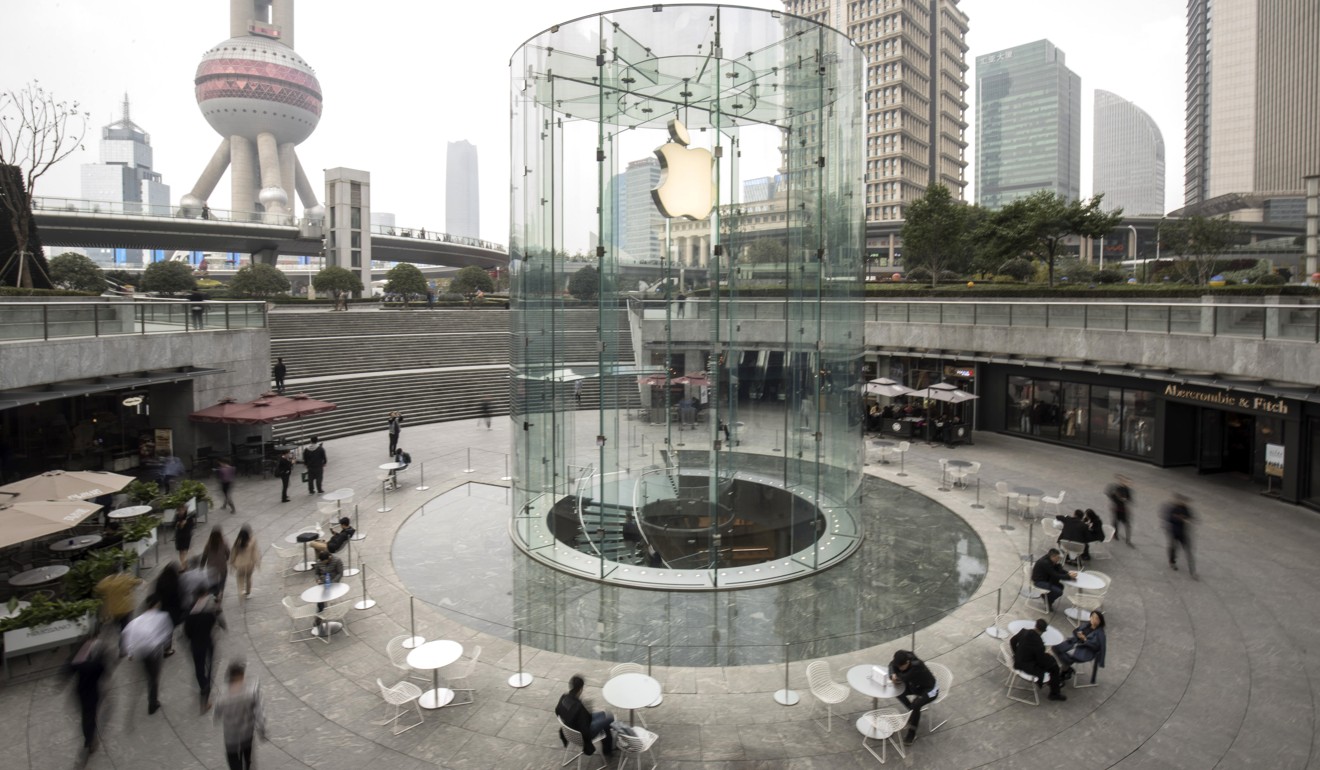
Why the Greater Bay Area hard sell won’t work on young Hongkongers
- Bernard Chan says young people have good reasons for not flocking to the mainland. China isn’t short of skills and not all young Hongkongers have employment advantages across the border, even though there have been success stories
In a way, this seems strange. I would expect a large proportion of people born in London, New York or Shanghai to venture out into other parts of their countries to develop their careers. However, there are some good reasons why young Hongkongers don’t.
The Bauhinia Foundation survey reported negative views about the mainland regarding things like quality of life and rule of law.
My own feeling is that we cannot force young people to change their attitudes first – their attitudes will change as they see positive benefits of integration. Also, there are still all sorts of practical barriers to cross-border mobility. These include things like employment regulations, residency procedures and even incompatible stored-value cards.

Some of these measures are a reminder of the many small but real hassles Hongkongers can face on the mainland. They concern little things like getting mainland credit cards, staying in hotels previously reserved for mainlanders, or using identity cards to book rail tickets.
These measures are helping to create a more level playing field for Hongkongers on the mainland. This process has much further to go – although it can cut both ways.
For example, Beijing recently announced tax reforms that could require Hongkongers living or working on the mainland to be taxed on their global income. A new tax agreement between the jurisdictions could fix this. But it raises the question of how much special treatment Hongkongers should expect and get on the mainland.
The Bauhinia Foundation survey also found that the better-qualified young people tended to be more open to the idea of working on the mainland. The researchers concluded that other respondents probably felt they did not have distinctive advantages in the mainland job market.
We should be realistic. And we should not exaggerate the opportunities that are currently open to most young Hongkongers on the mainland. We cannot expect all young Hongkongers to find success on the mainland. If they think their home city is comfortable and offers a good life, we can hardly argue with them.
The blueprint for the Greater Bay Area, with more details, will be unrolled in the coming year. Among other things, we will probably see more streamlined procedures for cross-border working, and more openings for particular industries and professions across the region.
For those with the skills and the ambition, integration will bring immense opportunities – and Hong Kong itself will see the benefits. All young people, whether they stay here or move to the mainland, will surely get the message over time.
Bernard Chan is convenor of Hong Kong’s Executive Council

